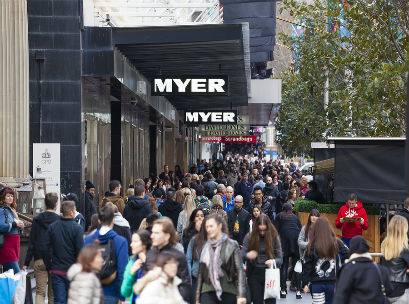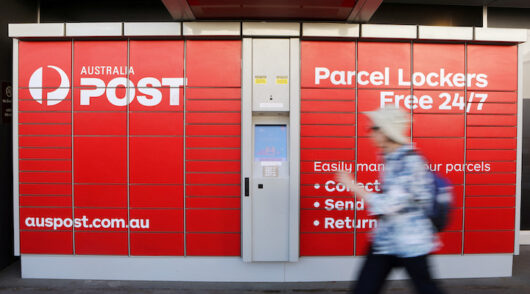
A closely watched measure of Australian business confidence declined in August as conditions remained sub-par, suggesting momentum in the corporate sector is weakening.
National Australia Bank’s index of business conditions fell 2.0 points to +1.0 in August, extending a slide from July.
The survey’s volatile measure of business confidence also declined, easing 3.0 points to +1.0.
Both measures were “well below” long-run averages, NAB said, adding it would review its outlook for Australian interest rates on Wednesday.
NAB Group chief economist Alan Oster said that that while industries such as mining experienced favourable conditions, as well as elevated employment and capex, conditions in the retail industry remained weak.
“Transport & utilities and retail are both well below average and the weakest across all industries,” Oster said.
“Business confidence and our other forward looking indicators suggest there is unlikely to be an imminent turnaround in business conditions.
“While conditions are still positive, they have now been below average for some time and point to a significant loss of momentum in private demand.”
Australia’s $1.95 trillion economy has dodged a recession since the early 1990s but has now hit a soft patch, with sluggish consumer spending and benign wage growth leading to a broader slowdown.
In the quarter ended June 30, annual economic growth slowed to 1.4 per cent, the weakest in a decade, from 1.8 per cent in the previous three months.
The RBA pre-emptively responded by chopping interest rates in both June and July, taking them to a record low of 1.0 per cent. It has shown willingness to do more if needed.
The cuts have helped boost home prices and mortgage lending though there are few signs of growth outside of housing.
Worryingly, forward-looking indicators in the NAB survey remained subdued in August. Forward orders, the most reliable indicator of domestic demand, fell to -4.0 from -3.0 in July.
Measures of inflation were also sluggish with labour and retail costs increasing only modestly.
Despite the slowing in activity and a pull-back in expansion plans, the employment index rose 2.0 points to +2.0.





